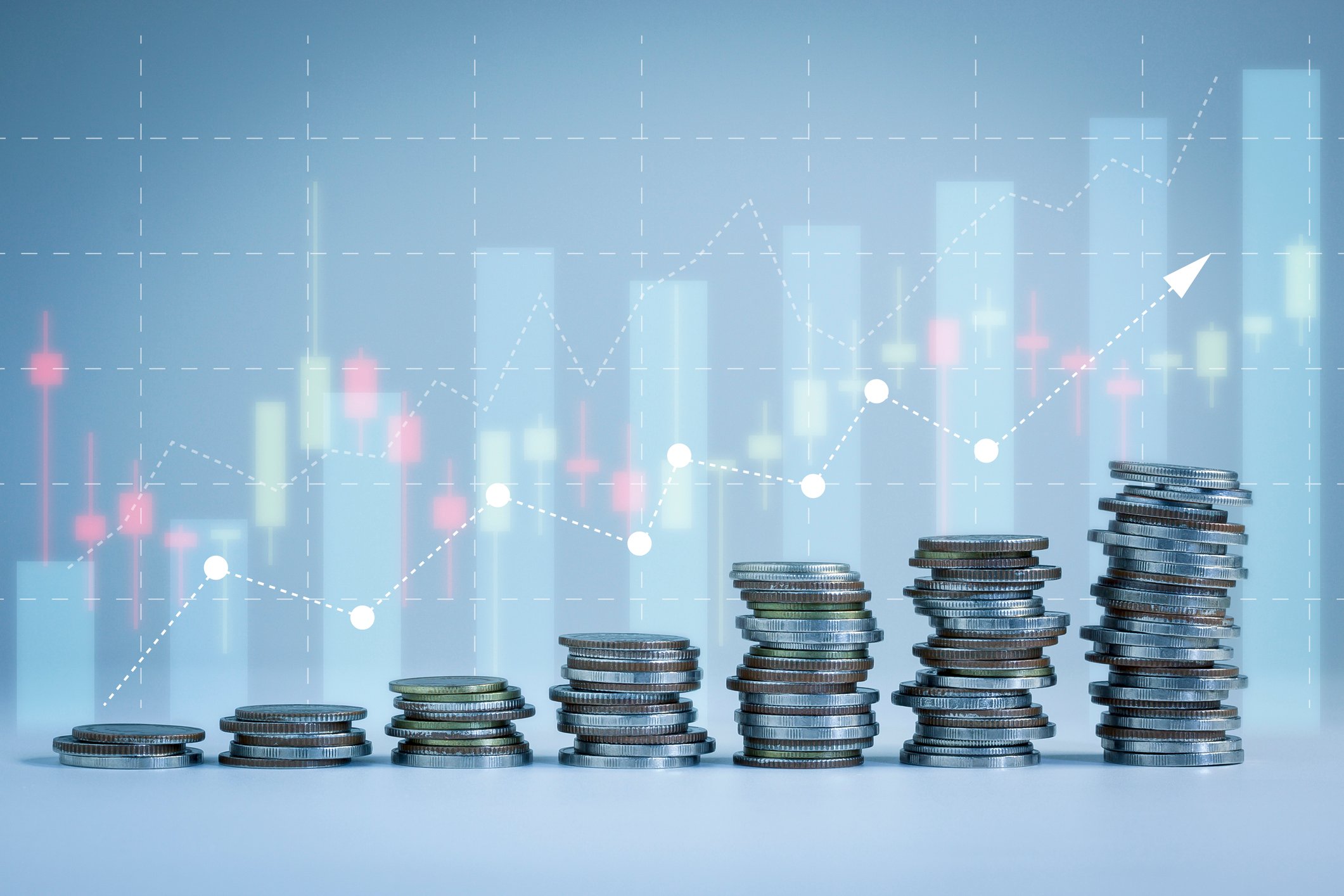Steve Kean, the President and COO of Kinder Morgan, joins The Motley Fool's Taylor Muckerman to discuss the energy industry and his company's contribution to it as the largest midstream energy company in North America. The Kinder Morgan family includes Kinder Morgan, (KMI +2.09%), Kinder Morgan Energy Partners, L.P. (NYSE: KMP), Kinder Morgan Management, LLC (NYSE: KMR), and El Paso Pipeline Partners (EPB +0.00%).
In this video segment Mr. Kean explains the adjustments that need to be made to accommodate shifts in the international energy markets. For example, until recently it was expected that the U.S. would need to import billions of cubic feet of natural gas a day -- and now it's looking to export nearly that much. The full version of the interview can be seen here.
A full transcript follows the video.
Taylor Muckerman: One of the things I think might lead to even more business is the exportation of natural gas -- in the form of liquid natural gas -- from the United States.
Just a general question about, if the pipeline infrastructure already exists for that and the general focus will be on the terminal business, or if there will, you think, be a need for greater pipelines to service these companies hoping to export natural gas?
Steve Kean: Good question. There will be both. There will need to be both. Our project right now -- we are working on developing a second one, but we have a project already under contract -- for our Elba Island facility near Savanna, Georgia. The joint venture partner and the customer there is Shell (NYSE: RDS-B).
It's under contract, it has free trade agreement approval, which is an important distinction, meaning it can go today -- we've got to build it, we've got to get the final permitting -- but we don't need any further Department of Energy approval in order to get that project done.
But it is driving the need for additional pipeline infrastructure. Originally that was a regasification facility. Not that long ago we thought the United States were going to need to import about 15 BCF a day, and now we're looking at exporting potentially a similar quantity ultimately, so the pipelines are going the other way.
They need to be turned around, but there also need to be additional infrastructure built around it ... but less here than there would need to be, really, on any other continent in the world because we have a very robust natural gas infrastructure; a well-developed pipeline grid with 300,000 miles of pipelines, a vast amount of storage resources.
This is the best place, I think, for people to source gas because if you can get hooked up, you can buy it. The market is very robust and we're very well developed.
We're going to invest $850 million into our share in this first phase of this one LNG export facility. Then there are related pipeline investments upstream, and then there are related pipeline investments on our network to serve other people's LNG facilities along the gulf coast.
The other aspect of it, though, is it will change the flow dynamics really across the grid, and that will drive other investment that we don't yet see today. It will drive demand, I believe, for storage resources -- which again in the United States we're blessed with a vast amount of storage capability -- so as we're exporting this product, it's going to drive additional investment needs for midstream companies like us.
Muckerman: Now, would this export facility for a free trade agreement ... is it in the thought process to maybe apply for non-free trade agreement?
Kean: Already have.
Muckerman: Oh, you already have? OK. I wasn't aware of that.
Kean: Already have, and we're in the queue. A lot of people in the queue, but we're in a decent spot, we think, and we've got a good, viable project. The DOE seems to be processing those applications now, so we think that's generally a good sign for us.
Muckerman: Yeah, it's driving a lot of news recently, with Dominion (NYSE: D) the most recent. Obviously Ernest Moniz is pretty well focused on getting these approvals done in a very diligent manner.
Kean: He's gotten things going.
Muckerman: He certainly has. It took Cheniere (NYSEMKT: LNG) long enough and then it seems like four or five have come pretty rapidly.








